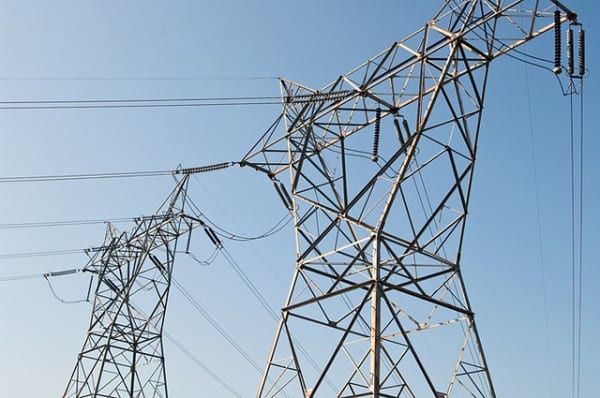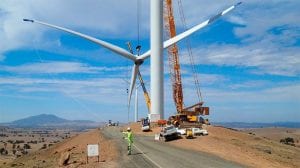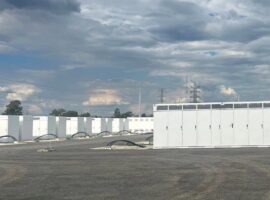The Australian Greens have called on federal Labor to take a stance on ownership of the nation’s electricity grid, after unveiling a policy proposal that would seek to return the largely privatised grid to public hands.
In a policy document released on Friday, the Greens propose transitioning the electricity grid back to public ownership, starting with the acquisition of the “vital” privately owned interconnectors – which connect the different regions of the NEM – by the Commonwealth.
The proposed policy would also seek to amend the rules of what the Greens say is a “broken market”, where even government-owned networks have passed exorbitant price increases onto consumers.
The proposal comes as privately owned energy network companies came under increased scrutiny this week, following power outages in the state of Victoria that were ultimately caused by faults on the networks of private poles and wires companies.
As tens of thousands of households were left without power during a southern heatwave, market watchers and consumer advocates wondered where all the money had gone to if it wasn’t spent on upgrading infrastructure to cope with the inevitable spikes in demand that each summer brings.
The policy also comes on the eve of what could be a crucial by-election for the ALP in the federal seat of Batman, in Melbourne’s north, after the resignation of Labor’s David Feeney on Thursday – the latest victim of the parliamentary dual citizenship saga.
The unexpected contest will pit Labor candidate Ged Kearney – who is Australian Council of Trade Unions president – against Greens candidate Alex Bhathal, who came close to beating Feeney at the last federal election.
As Guardian political editor Katharine Murphy has pointed out, the Batman by-election will be framed in Canberra as a test of Bill Shorten’s leadership – particularly on such hot-button issues as high electricity prices and the market mechanisms that are driving them.
Already, however, signs of factionalism are appearing, with the Electrical Trades Union quickly and publicly welcoming the Greens’ new policy, saying in a statement that the failure of NEM to deliver planned investment into reliable, affordable power supply had been felt by every household and business in Victoria and South Australia.
“This by-election, Labor needs to decide if they’re for privatisation or against it,” Greens MP Adam Bandt said on Friday.
“The current system is a rort designed by and for big corporations. Instead of using public funds to build our network more cheaply and efficiently, customers are forced to bankroll the profits of big
corporations, Cayman Islands companies and the investment arms of other governments.
“Big corporations front up to the regulator, ask for a 7 per cent return to build and maintain poles and wires when the government could do the job at 2.5 per cent and the regulator then ticks it off and makes consumers foot the bill,” Bandt said.
“Network companies are responsible for 97% of all blackouts, like the ones we just saw in Victoria, yet governments turn a blind eye and blame renewables instead.
“Standing up to Cayman Islands companies and putting the grid back in public hands will mean lower power bills. We will have a rationally planned network where investments are made in the public interest and to cut pollution, not in the interests of overseas shareholders and fossil fuel companies.”
Of course over-investment in, or “gold plating” of, grid infrastructure has not been the preserve of privately owned networks.
As market analyst Hugh Grant has noted here before, some of the worst offenders of over-spending n poles and wires have been the Queensland government owned networks, followed by NSW (when government owned).
But the Greens told RenewEconomy their solution was not just to “renationalise” the energy networks, but also to change the rules.
As the policy document puts it: “The first step will be to reduce the guaranteed rate of return offered to network companies to at or close to the government bond level.
“There can be no justification for making consumers subsidise essentially risk-free investment in networks at rates of 6-7% when government can borrow at rates of closer to 2.5%.”








